Sports can be a great way for children to stay active, learn discipline and socialize with friends. Occasionally, the pressure to perform and the time commitment can be overwhelming. Over time, this can cause athlete burnout. This is a group of mental and physical symptoms that lead to a decline in performance, motivation and overall enjoyment of the sport. Here’s how to detect, prevent and treat burnout in athletes.
What is athlete burnout?
Sports or athlete burnout, also known as “overtraining syndrome,” refers to a state of physical, mental and emotional exhaustion experienced by athletes. It is characterized by a decline in sports performance despite continued or intensified training efforts. Sports burnout is not solely a physical issue; it encompasses psychological and emotional factors as well, and typically arises from an imbalance between rigorous sports training and insufficient time allocated for rest and recovery.
What are some causes of sports burnout?
Several factors can contribute to sports burnout in athletes, including:
- Excessive training: Overtraining can be one of two forms. One type is where an athlete engages in intense and prolonged training without adequate rest. A second type is where an athlete has too many practices or games, leading to too many active minutes without adequate rest.
- Insufficient rest and recovery: A lack of time for rest and recovery is also a significant factor in sports burnout. Young athletes need proper sleep, nutrition and downtime to allow their bodies and minds to recover from the demands of training and competition.
- Psychological stress: Mental fatigue and stress, often arising from the pressure to perform or external expectations from coaches and parents, can contribute to both physical and emotional strain in athletes.
- Lack of enjoyment: An athlete’s loss of joy and passion for a sport can be linked to factors such as monotonous training routines, excessive competition or external expectations, impacting the overall satisfaction of young athletes.
- Early specialization: Athletes who specialize in a single sport at a young age may be more susceptible to burnout. Lack of variety in physical activities and constant focus on one sport can lead to physical and mental fatigue.
What are the signs of sports burnout?
While some kids may come right out and say they’re burnt out on their sport, others express their feelings about sports in more subtle ways, such as:
- Persistent fatigue
- Decreased performance
- Irritability
- Loss of motivation
- Increased susceptibility to injuries
If left untreated, sports burnout can impact a child’s mental and physical health, making them more susceptible to mental health issues and injuries.
Overcoming burnout
To overcome sports burnout, make sure your child feels safe and supported, and then take a break from the sport. Be sure to have multiple small check-ins during the break to see what they’re feeling and how you can help them. For some kids, this break may be several weeks, for others it may be several months. Still other kids may decide that the sport they were playing isn’t for them anymore.
How to prevent sports burnout
Here are 10 things you can do to help prevent your young athlete from getting burnt out on their sport:
- Promote a balanced lifestyle: Encourage a well-rounded life for your child by promoting balance between academics, social activities and sports. Overcommitment to a single activity can lead to burnout, so ensure your child has time for relaxation, socializing and pursuing other interests.
- Listen to your child: Actively listen to your child’s feelings and concerns about their sport. Open communication is vital in understanding their experience and detecting any signs of burnout. If they express feelings of fatigue, stress or disinterest, take these cues seriously and address them promptly.
- Set realistic goals: Help your child set achievable and age-appropriate goals in their sport. Unrealistic expectations can contribute to burnout, as constant pressure to perform at an exceptionally high level may be detrimental to their motivation and enjoyment.
- Encourage multi-sport participation: While specialization in a particular sport can be beneficial, early specialization is linked to burnout. Encourage your child to explore and participate in multiple sports. This not only helps in developing a range of physical skills but also prevents monotony and burnout.
- Create a supportive environment: Foster a positive and supportive atmosphere around your child’s sports involvement. Emphasize the importance of effort over outcome and celebrate small achievements. A supportive environment can contribute significantly to a child’s resilience in the face of challenges.
- Teach time management: Help your child develop effective time-management skills. Balancing school, sports and personal time can be challenging, but it’s an essential skill to prevent burnout. Teach your child to prioritize tasks and schedule rest and relaxation.
- Monitor physical and mental health: Regularly check in on your child’s physical and mental well-being. Ensure they are getting adequate sleep, proper nutrition and enough time for recovery between intense training sessions. Address any signs of physical fatigue or mental stress promptly.
- Promote fun and enjoyment: Reinforce the importance of having fun in sports. The primary focus should be on enjoyment and personal development rather than constant competition. Remind your child why they started playing the sport in the first place – for the love of the game.
- Seek professional guidance: If you notice signs of burnout or if your child is struggling with the pressures of sports, consider seeking guidance from a sports psychologist or counselor. Professional support can be instrumental in addressing underlying issues and providing coping strategies.
- Know when to take a break: Recognize the signs of burnout early on and be willing to allow your child to take a break from their sport if needed. A temporary break can provide the necessary time for physical and mental recovery.
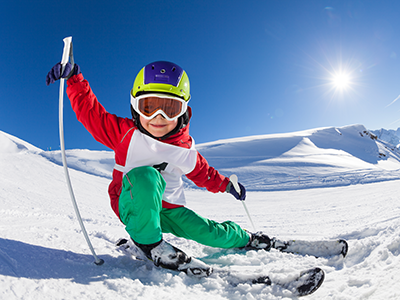 https://riseandshine.childrensnational.org/wp-content/uploads/2018/02/Little-skier-having-fun-at-sunny-snowy-day-feature.png
300
400
Rise and Shine
https://riseandshine.childrensnational.org/wp-content/uploads/2017/11/childrens_riseandshine_logo.jpg
Rise and Shine2024-01-10 07:00:072024-01-30 11:23:13Winter sports safety tips for kids
https://riseandshine.childrensnational.org/wp-content/uploads/2018/02/Little-skier-having-fun-at-sunny-snowy-day-feature.png
300
400
Rise and Shine
https://riseandshine.childrensnational.org/wp-content/uploads/2017/11/childrens_riseandshine_logo.jpg
Rise and Shine2024-01-10 07:00:072024-01-30 11:23:13Winter sports safety tips for kids



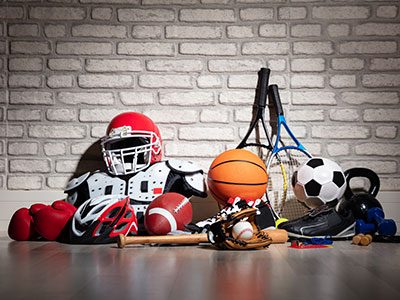
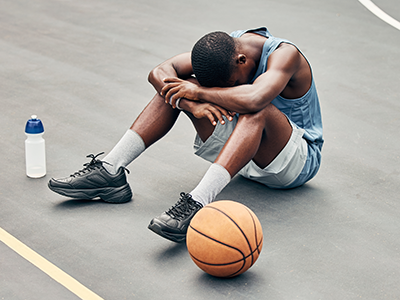
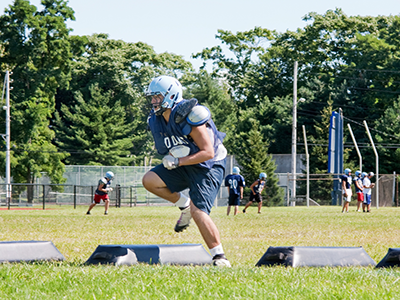
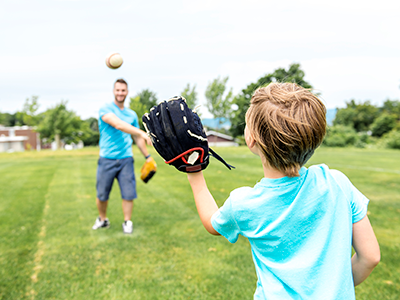


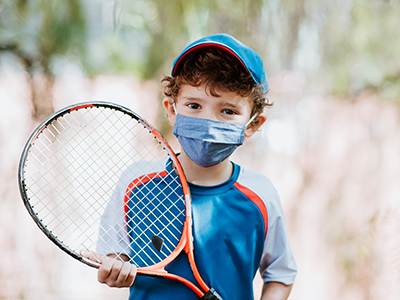
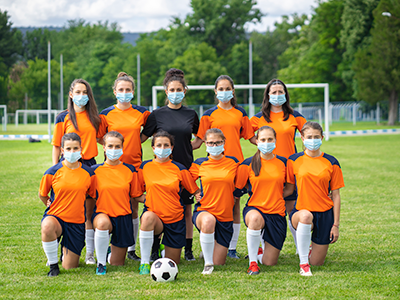
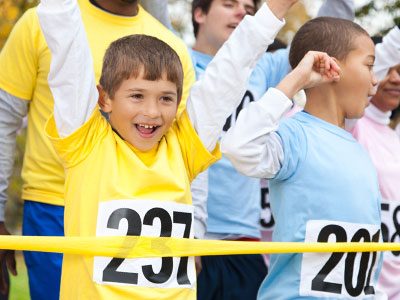
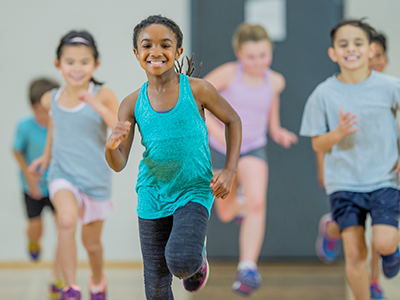


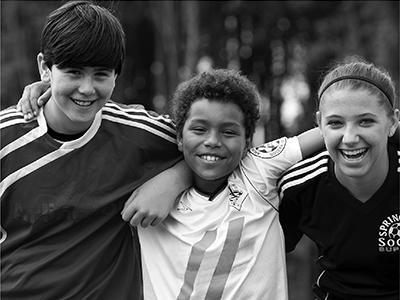
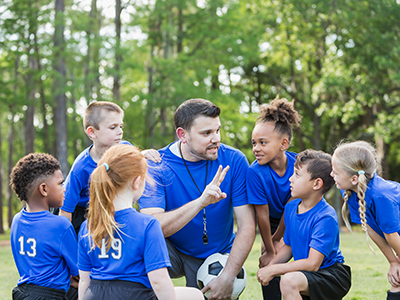



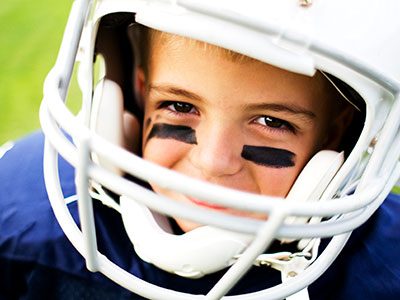
Leave a Comment
Want to join the discussion?Feel free to contribute!